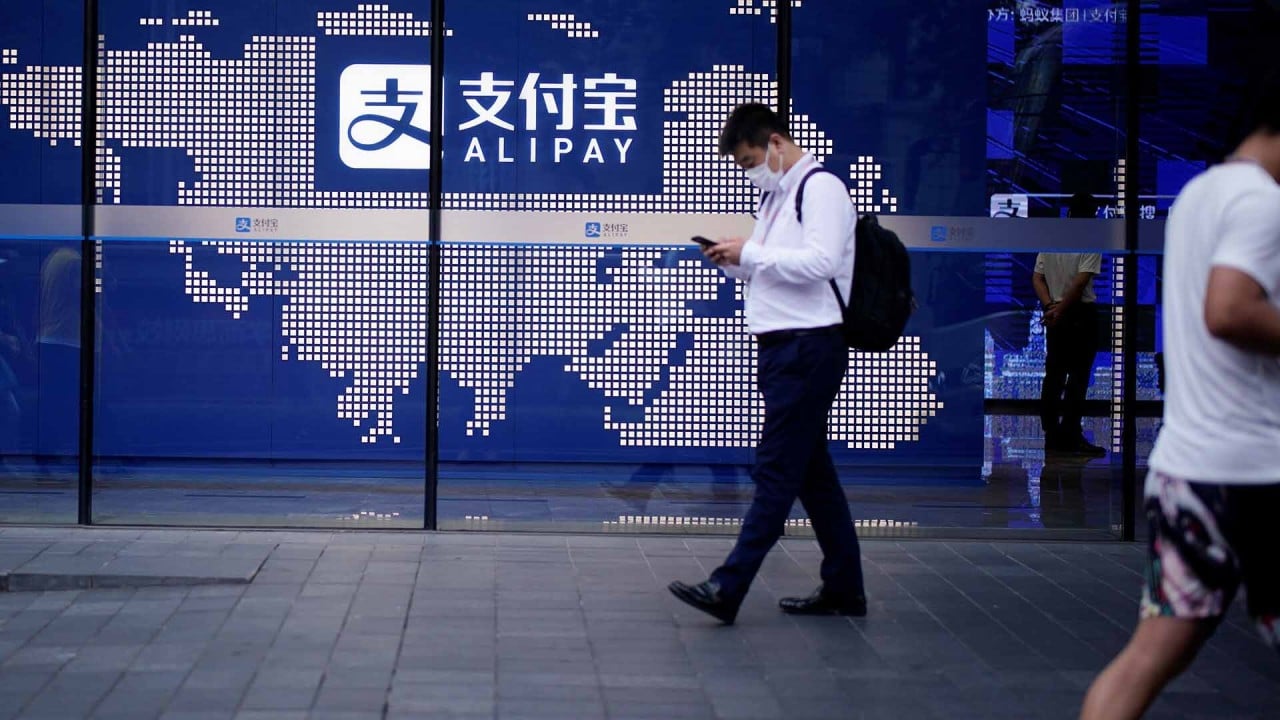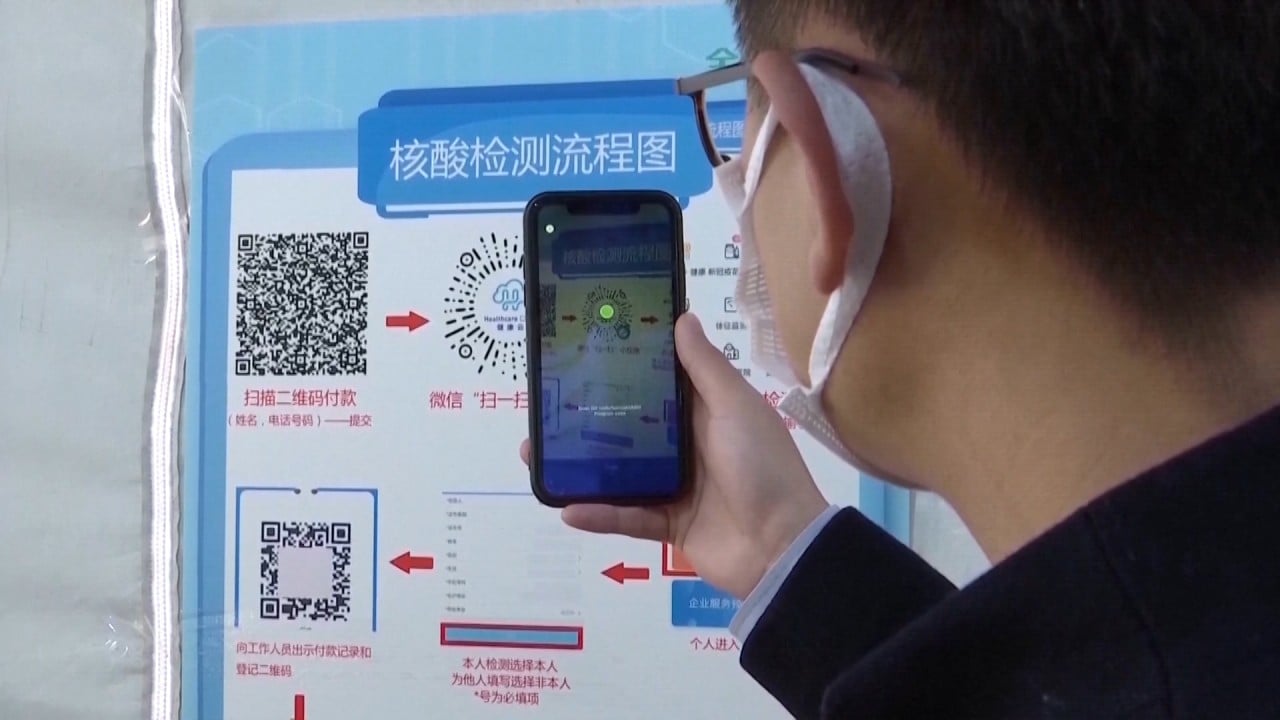
China digital currency: Shanghai, Hainan among regions added to e-yuan trials
- Six more regions, including Shanghai and Hainan, have been added to China’s digital currency pilot programme
- China has been a forerunner in developing a central bank digital currency, with cross-border testing also under way
China has added six more regions to its pilot programme for the sovereign digital yuan, expanding the scope of testing as the country inches closer to launching the world’s first central bank digital currency among major economies.
The financial hub of Shanghai, Hainan province in the far south, the central cities of Changsha and Xi’an, as well as the port cities of Qingdao in Shandong province and Dalian in Liaoning province have been chosen to participate in the programme, said Li Bin, head of the People’s Bank of China (PBOC) macroprudential policy bureau, on Monday.
By expanding its testing of the digital currency electronic payment (DCEP) – the technical name for the digital currency – China has consolidated its position as a global leader in developing a central bank digital currency (CBDC).
What is China’s sovereign digital currency?
China’s sovereign digital currency will be controlled by the PBOC, making it distinct from cryptocurrencies like bitcoin whose distributed ledger design uses blockchain technology, meaning users control it rather than a central authority.
“The scope of the pilot is expanding in an orderly fashion, while its usage scenarios are gradually increasing. The operation of the system is stable,” Li said. “It remains small in terms of participation population, transaction volume and value [of transactions].”
The digital yuan can currently be used to pay for utility bills, catering services, transport, shopping in designated stores and government services. Transactions only occur between users and merchants invited to participate in the tests.
The central bank will optimise pilot schemes before the formal launch of DCEP, with no timetable set for that to happen, Li said.
China already has well-established electronic payment services that are dominated by Tencent’s WeChat Pay and Alipay, which is owned by Alibaba Group, the parent company of the South China Morning Post.
At the same time, the PBOC has started collaborating with counterparts in Thailand and the United Arab Emirates to study the use of digital currencies and relevant blockchain technology for international payments.
The city of Beijing, co-host of the 2022 Winter Olympics, is also set to join the pilot programme where the digital currency will be used at sports competition venues.
“While the effort is very low key for now, the goal is clearly to use the transition to the digital currency to make technical improvements to the existing cross-border payments system,” Gavekel Research analyst Zhang Xiaoxi wrote in a note last week.
“Those technical advantages could support the internationalisation of renminbi by making it a more attractive vehicle for trade.”



